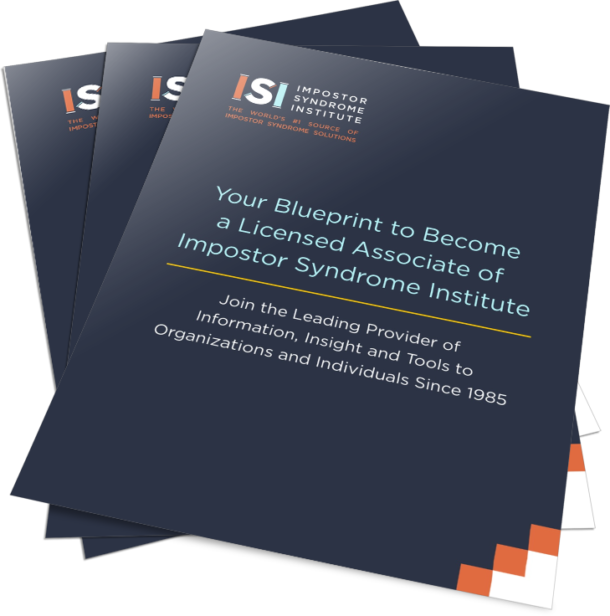
Are You Suffering From Impostor Syndrome?
You’re smart and successful, so why do you sometimes feel like a failure?
Tuesday, August 16th, 2005
By Lucy Bowen
Did you just get a promotion, a pay rise or even a completely new job but you’re beset by fears that you’re not quite up to it? It may be that you have ‘impostor syndrome’, a term coined by clinical psychologist Dr Pauline Clance to describe doubt in your own abilities and a fear of not maintaining your success. Here are some ways to beat those insecurities:
- If you get a promotion, do you think, “there can’t have been many people to choose from”. Dr Valerie Young, who runs ‘impostor syndrome’ workshops, explains: “Although you should see the promotion as a vote of confidence, you convince yourself it is anything but that.”
As a solution, she suggests putting yourself in the shoes of the people promoting you. They’re not going to do it unless they think you’re up to it. After all, their reputation depends on it too.
- When you’re awarded a pay rise, do you think, ‘I don’t deserve it there must be a mistake’. If so, “you must take control of your negative mindset immediately,” says life coach Fiona Harrold, author of Indestructible Self-Belief (Piatkus Books). “If you allow your self-doubt to run riot, you’ll undermine yourself and your employer will start to wonder why they did give you that rise. Sit down and think of compelling reasons why you’re worth every extra penny. Justify it to yourself and recognise how valuable you are to the organisation.”
- You’re asked to lead a crucial project but you think to yourself that you’re going to mess it up. Dr Clance says you should make choices based on what gives you a sense of fulfillment, not fear. You don’t want to take on an impossible task as that will just reinforce your feelings of inadequacy. Also, there’s no harm in asking for help.
- Your boss leaves and you’re in line for her job. Your first fear might be will I be able to cope? Your second one will be wondering about your former colleagues, who might be jealous, or worse, not respect you.
- Every time you step into a new role it will take a few months to find your feet, says Dr Young. Whether the move will generate jealousy or not depends on your current reputation and rapport with other staff members. Although you may become your colleagues’ superior, make sure you are inclusive and maintain good relationships with them all.
Answer the following questions to discover whether you have the impostor syndrome:
- Do you secretly worry that others will find out you’re not as bright and capable as they think you are?
- Do you sometimes shy away from challenges because of nagging self-doubt?
- Do you tend to chalk up your accomplishments to being a ‘fluke’, ‘no big deal’ or the fact that people just ‘like’ you?
- Do you hate making a mistake, being less than fully prepared or not doing things perfectly?
- Do you tend to feel crushed by even constructive criticism, seeing it as evidence of your ‘ineptness’?
- Do you believe that other people are smarter and more capable than you are?
- Do you live in fear of being found out, discovered, unmasked?
If you said yes to any of the above – join the club. We’ve all been there.
© Irish Independent http://www.unison.ie/irish_independent/ & http://www.unison.ie/


